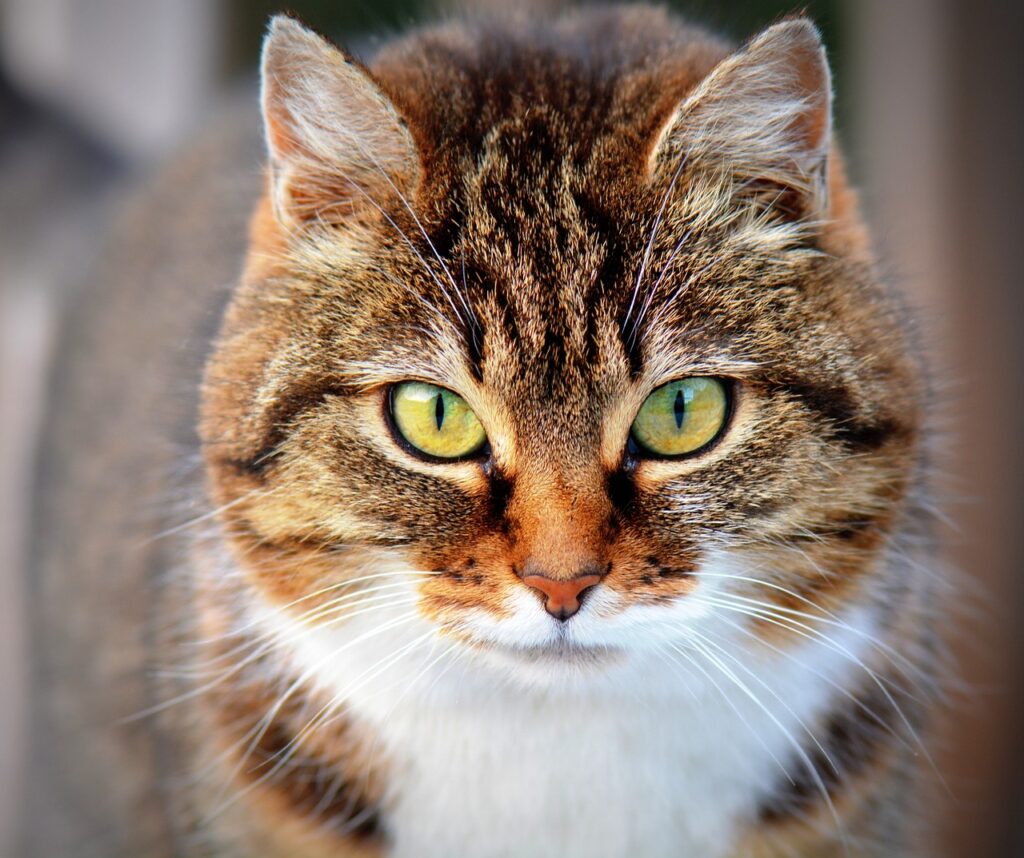Can Cats Eat Mussels? – Yes, They Can
Certainly, our feline friends can enjoy mussels, but it’s important to serve them properly. Just like humans, cats can find these shellfish to be a tasty snack. However, caution should be exercised. Mussels must be thoroughly cooked and given in moderation to avoid any potential health problems. Raw mussels could contain harmful bacteria, while cooked mussels can be a source of protein and omega-3 fatty acids.
Can Kittens Eat Mussels?
No, it’s not recommended for kittens to eat mussels. While they are not toxic, kittens have delicate digestive systems and require a diet specifically formulated for their growth. Introducing mussels or other human foods can disrupt their nutritional balance and may cause gastrointestinal issues.
Things to consider when feeding mussels to kittens?
For kittens, the primary concern is ensuring they receive a diet that supports their rapid growth. Any diversion from their kitten-formulated food, including mussels, isn’t advisable. Kittens have specific nutritional needs that human food cannot meet, and as a result, their development could be negatively impacted if they’re fed inappropriate diets.
Nutritional Benefits of Mussels for Cats – Why Mussels are good for Cats?
High-Quality Protein
Mussels are loaded with high-quality protein, essential for the maintenance of strong muscles and overall good health in cats.
Omega-3 Fatty Acids
These beneficial fats found in mussels support a cat’s immune system, reduce inflammation, and promote healthy skin and a shiny coat.
Low in Fat
Being naturally low in fat, mussels are a great option for controlling calorie intake for cats, helping maintain a healthy weight.
Vitamins and Minerals
Mussels are a source of vitamin B12, manganese, and selenium, all of which play a role in nerve health, bone strength, and antioxidant activities.
tAurine
This essential amino acid found in mussels is critical for feline cardiovascular health, vision, and reproductive functions.
Potential Allergies: Can Cats Be Allergic to Mussels?
Just like people, cats can be allergic to any type of food, including mussels. If your cat has never had mussels before, it’s important to start with a small amount to monitor for any adverse reactions.
Symptoms of Mussel Allergies in Cats
- Gastrointestinal upset: Look for signs like vomiting or diarrhea.
- Itchy skin: Excessive scratching or grooming can be a sign of an allergic reaction.
- Respiratory issues: In rare cases, an allergic reaction can cause difficulty breathing or asthmatic symptoms.
What to Do If Your Cat Shows Symptoms?
- Stop feeding mussels: Discontinue the food suspected of causing the reaction.
- Consult your vet: Seek professional advice if symptoms persist.
- Medication: Your vet may prescribe antihistamines or corticosteroids to manage the allergic reaction.
Recommended Amount: How Much Mussels Can a Cat Consume?
Mussels should be given as a treat, comprising no more than 10% of your cat’s total daily calories. For an average-sized cat, a portion of 1-2 small-sized mussels can be considered sufficient as an occasional treat. Always remove them from their shells to prevent choking hazards.
Things to Consider When Feeding Mussels to Cats
Always ensure mussels are well-cooked to kill any bacteria or parasites. Never feed your cat seasoned or smoked mussels, as spices and additives can be harmful to them.
How to Feed Mussels to Cats: A Quick Guide
Introducing mussels to your cat’s diet can be a delicious treat for them. Here’s how to share this seafood delicacy safely and enjoyably with your feline friend.
Basic Cooked Mussel
Steam mussels in plain water until they open, indicating they are cooked. Let them cool down, remove them from their shells, and serve a small chopped piece to your cat.
Seafood Medley
Combine small pieces of cooked mussel with other cat-safe seafood like plain, cooked salmon or shrimp in a bit of their cooking water to create a broth. Serve it in tiny portions as a special treat.
Mussel Mash Topper
Mash a small, cooked mussel and mix it into your cat’s regular wet food to infuse it with an enhanced flavor and nutritional boost.
Conclusion
In conclusion, mussels can be a nutritious treat for cats when prepared and served correctly. Ensure they’re properly cooked, unseasoned, and given in small quantities to avoid overfeeding and potential allergies. Always observe your cat’s response to new foods and consult with your vet if you’re unsure or if your cat shows signs of allergies.



